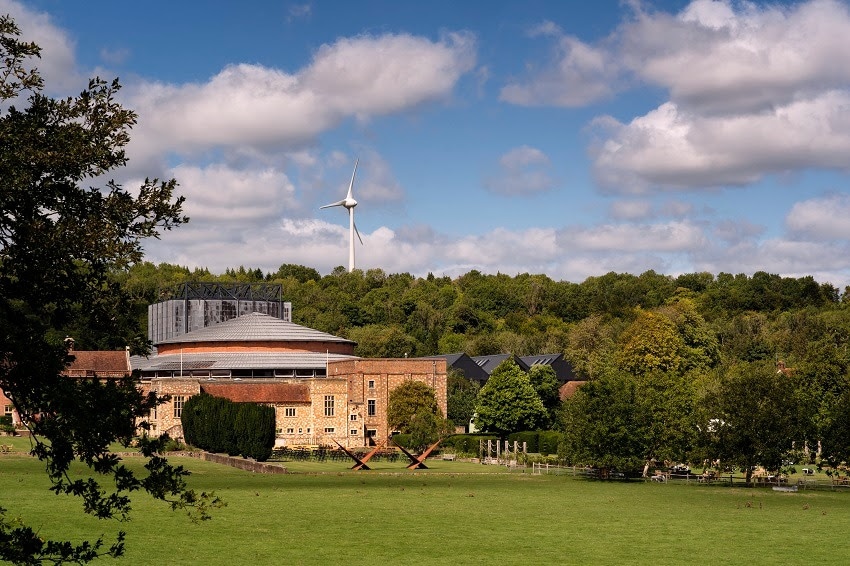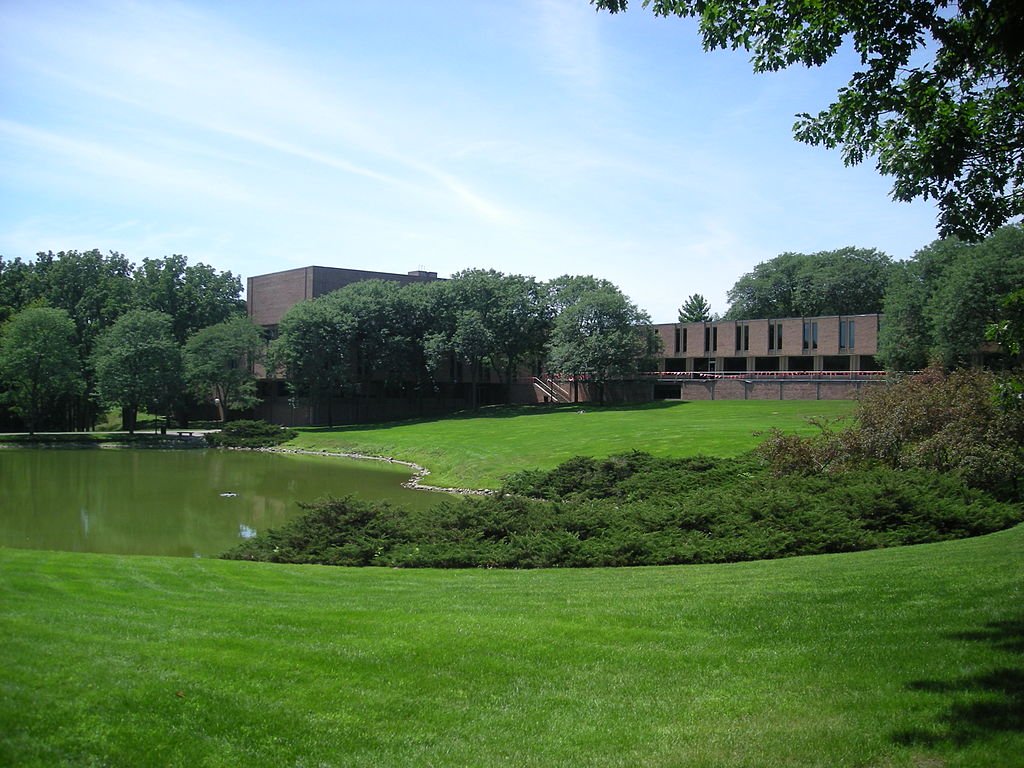Glyndebourne quits touring England after 50% funding cut
NewsGlyndebourne said this morning it is unable to stage its autumn east of England tour after the Arts Council inflicted a 50% funding cut.
Glyndebourne’s application to join Arts Council England’s 2023 – 2026 National Portfolio was successful, but the £800,000 annual funding offered for that period is at a lower level than applied for. It is half the amount that was received during the previous NPO funding period.
The move leaves a large part of the country without live opera.
The west and centre will be further deprived when Welsh National Opera, similarly stricken, makes its expected decision.
The loss of Glyndebourne tour delivers a significant blow to the incomes of dozens of musicians, already suffering from shrunken schedules and rising costs.
There is no upside to this situation.






Comments